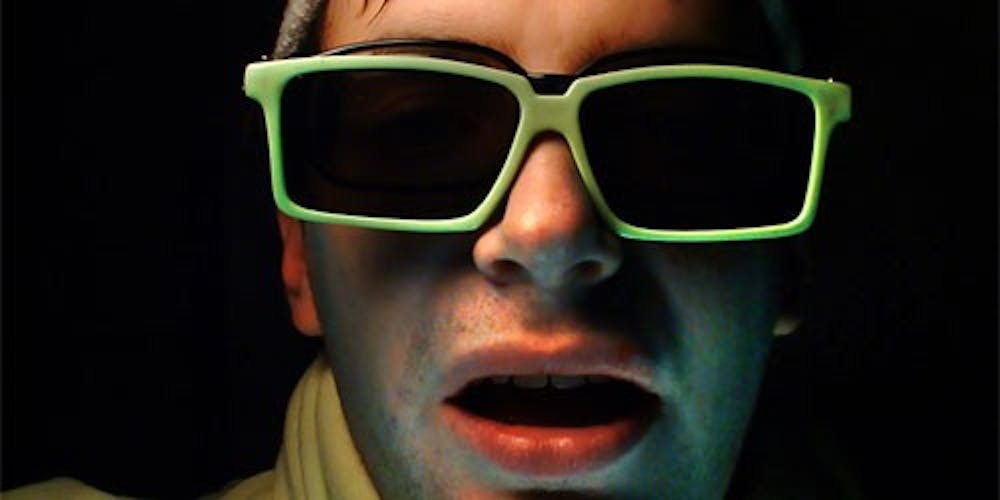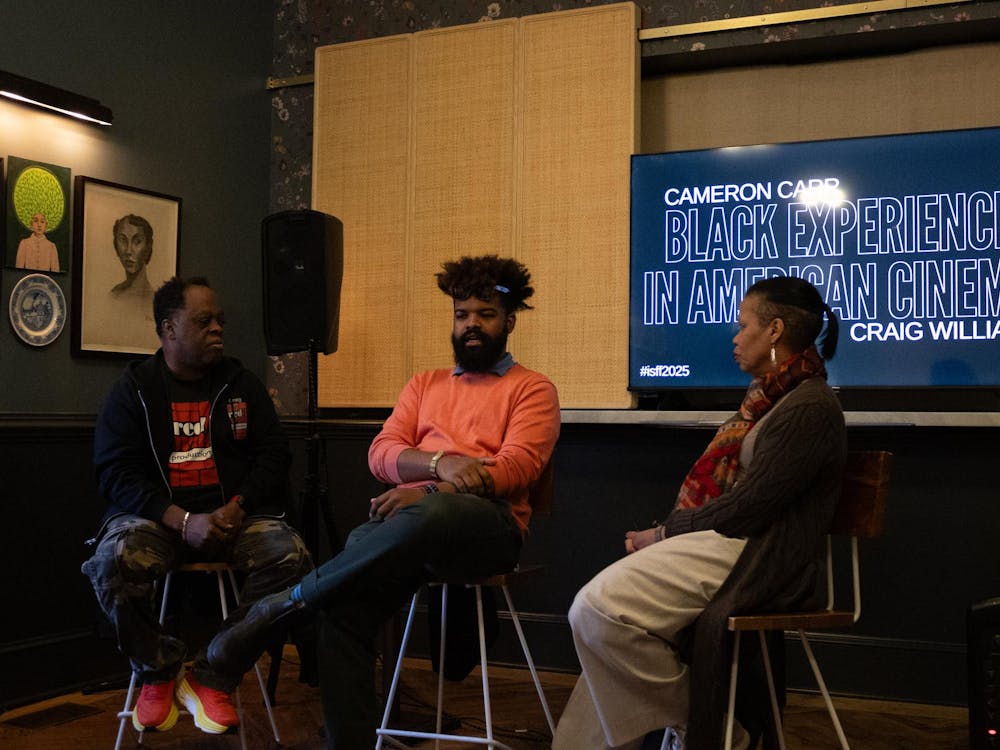First utilized by musicians of the 1940s and popularized by hip-hop artists of the 1970s and ‘80s, sampling was nothing new when Gregg Gillis became Girl Talk in 2002. Ten years after the release of his first album, however, Gillis undeniably has altered the course of the music industry by incorporating sampling into a genre in and of itself: Girl Talk took the mash-up mainstream.
Five full-length albums into his career, Gillis has also become famous for his high-energy live shows—a fact that should excite Charlottesville community, as Girl Talk will bring his uniquely imitative tracks to the NTelos Wireless Pavilion next Wed., Sept. 19. A few weeks ago, A&E interviewed Gillis via phone to pick his brain about his influence on the music industry and the science behind his art.
Your first LP (Secret Diary] was released ten years ago—how has your approach to sampling evolved between now and then?
I think the intentions are a lot different…Back then, I was trying to make something a bit more abrasive, a bit more out there. The general idea back then was to make experimental music out of pop. Over the years, I grew into the idea of making something more accessible that could actually be played at a party, something people could dance to and actually like. I think when I started, I was uncomfortable with the idea of make something that was accessible…Once you make one record, you have to look forward. It’s less about personal growth and more about looking to try and to something different.
You were an engineer before you quit to focus on music. How much of the skills you utilized in your previous career translate into what you do now?
They’re definitely related. I’ve never been trained in music, but the way the way I go about it is a big trial and error process, and that’s a scientific idea…I think with a lot of more traditional musicians, you’re hit by inspiration and you write a song. I sit down every day for eight to ten hours, and it’s kind of like problem solving: it’s meticulous, it’s detail oriented. Instead of getting hit with inspiration and coming up with something, I just pump something out. A lot of the time is spent preparing the tools, preparing the samples.
You can’t have a conversation about sampling without bringing up its legality, and your music has often been the topic of debates over copyright laws. How do you respond to critics who say that what you do is illegal?
In United States copyright law, there is a doctrine called Fair Use, which states you’re allowed to sample music, art, films, [etc.] without asking permission if it follows certain criteria. It looks at the nature of your work: whether it’s transformative, how you’re impacting the potential sales, the intensions behind the work—like if you’re using it for educational purposes or financial purposes. It’s a subjective analysis of what you’re doing, and I believe my work should fall under Fair Use.
When making the material, the goal is to make something that is a new entity. I don’t think my material is any competition to anyone else’s material. I can’t imagine anyone not downloading a song because of what I’m doing; in a lot of cases, a lot of people are turned on to new music because of what I’m doing. I think it’s the opposite of competition—it’s more like promotion.
At your shows, you have to “perform” your songs at a computer. Does this approach make it difficult to connect with your audiences?
That’s changed with me over the years…When I started this project, I would actually go see a lot of other electronic performers, and I thought those shows were often boring. So I wanted to take the pop spin I put on my songs into my performances, too…Five or six years ago, the shows were actually infamous for being very chaotic, and I thought that did provide a very human quality to it.
When the shows got to a certain level, when you have a thousand people there, you can’t have it just be a free-for-all every night, so instead I’ve added a lot of production elements. It’s about making it more fitting for larger audiences and making it appropriate to play in front of 15,000 people…It’s a spectacle, and it’s a lot tighter than it’s ever been. It’s at the level where I feel it’s appropriate on a large stage in front of a lot of people.
When can we expect new material from you?
I’ve put out an album every two years for the past ten years, so I’d love to have a new record out for the end of the year, but I’m still kind of far from that now. I have enough going on that I’m sure something will be coming out soon, though.







